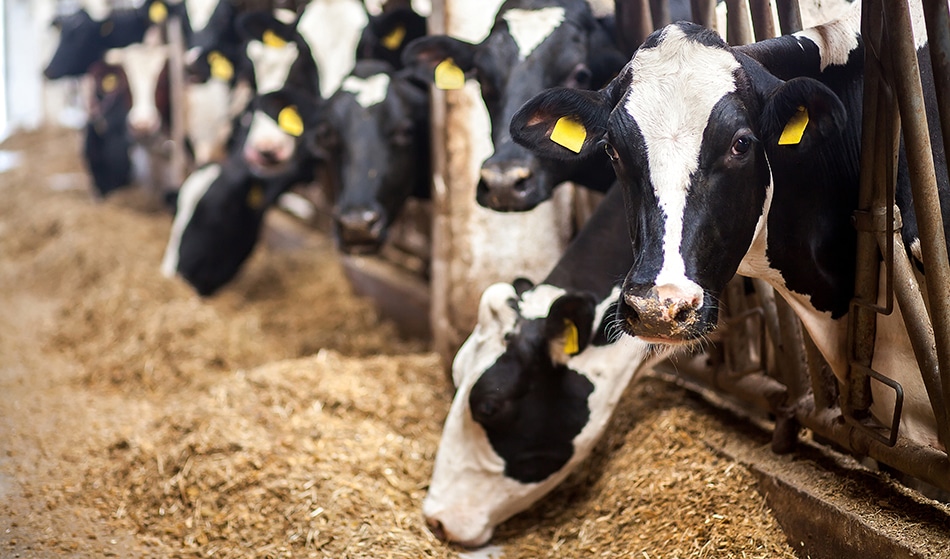ASTM E2562 Rapid Microbiological Testing in Animal Feed
The ASTM E2562 standard provides a rapid microbiological method for the enumeration of coliform bacteria and yeast and mold in animal feed. This service is critical in ensuring food safety, quality control, and compliance with international standards. Coliforms are used as indicators of contamination by fecal matter, which can indicate potential pathogens. Yeast and molds may also contaminate feeds leading to spoilage and reduced nutritional value.
The ASTM E2562 protocol uses the Most Probable Number (MPN) method for coliforms and a combination of direct plating techniques with subsequent incubation steps for yeast and mold. This approach ensures precision and accuracy in quantifying these microorganisms, which are essential indicators of feed quality.
The testing process involves several key steps: sampling the animal feed, preparing the samples according to ASTM E2562 guidelines, inoculating the culture media with the sample, incubating the cultures under controlled conditions, and finally counting and identifying the microorganisms. The entire process is designed to be rapid yet thorough, allowing for quick decision-making in quality assurance processes.
Quality managers rely on this service to monitor feed safety regularly. Compliance officers use ASTM E2562 testing to ensure that their products meet stringent regulatory requirements set by organizations like the Food and Drug Administration (FDA) or the European Commission. R&D engineers utilize these tests to improve formulations and identify potential issues early in product development.
ASTM E2562 testing is particularly important for animal feed manufacturers because it helps maintain consistent quality across batches while reducing the risk of contamination from external sources such as dust, packaging material, or equipment. This rapid method allows for timely responses to any detected issues, thereby protecting both animal health and consumer confidence.
- Sampling: Proper sampling is crucial in ASTM E2562 testing. Samples should be representative of the entire batch of feed to ensure accurate results.
- Preparation: Samples must undergo specific preparation steps as outlined in ASTM E2562 before inoculation into culture media.
- Inoculation: Coliforms and yeast/molds are inoculated into appropriate culture media according to the standard protocol.
- Incubation: Cultures need to be incubated under specific conditions, which vary based on whether they contain coliforms or yeast/molds.
- Counting & Identification: Once the cultures have reached maturity, the number of colonies is counted and identified using standard microbiological techniques.
Why It Matters
The importance of ASTM E2562 testing in animal feed cannot be overstated. Ensuring that feeds are free from harmful microorganisms and contaminants is paramount for maintaining the health and well-being of livestock, which ultimately impacts food safety at the consumer level.
Coliform bacteria can indicate the presence of pathogenic organisms such as Salmonella or E. coli, both of which pose significant risks to animal health if present in feed. Yeast and mold contamination not only affects palatability but also reduces nutritional value, leading to lower performance and increased mortality rates among animals.
From a business perspective, adherence to ASTM E2562 ensures that companies meet regulatory requirements set by governments worldwide. Non-compliance can lead to fines, recalls, and damage to brand reputation. By leveraging rapid microbiological testing methods like those specified in ASTM E2562, firms demonstrate their commitment to quality and safety, fostering trust with consumers and stakeholders alike.
The use of this standard also contributes positively towards sustainable practices by minimizing waste associated with contaminated products. Early detection allows for corrective actions without compromising production schedules, thus optimizing resource utilization efficiently.





